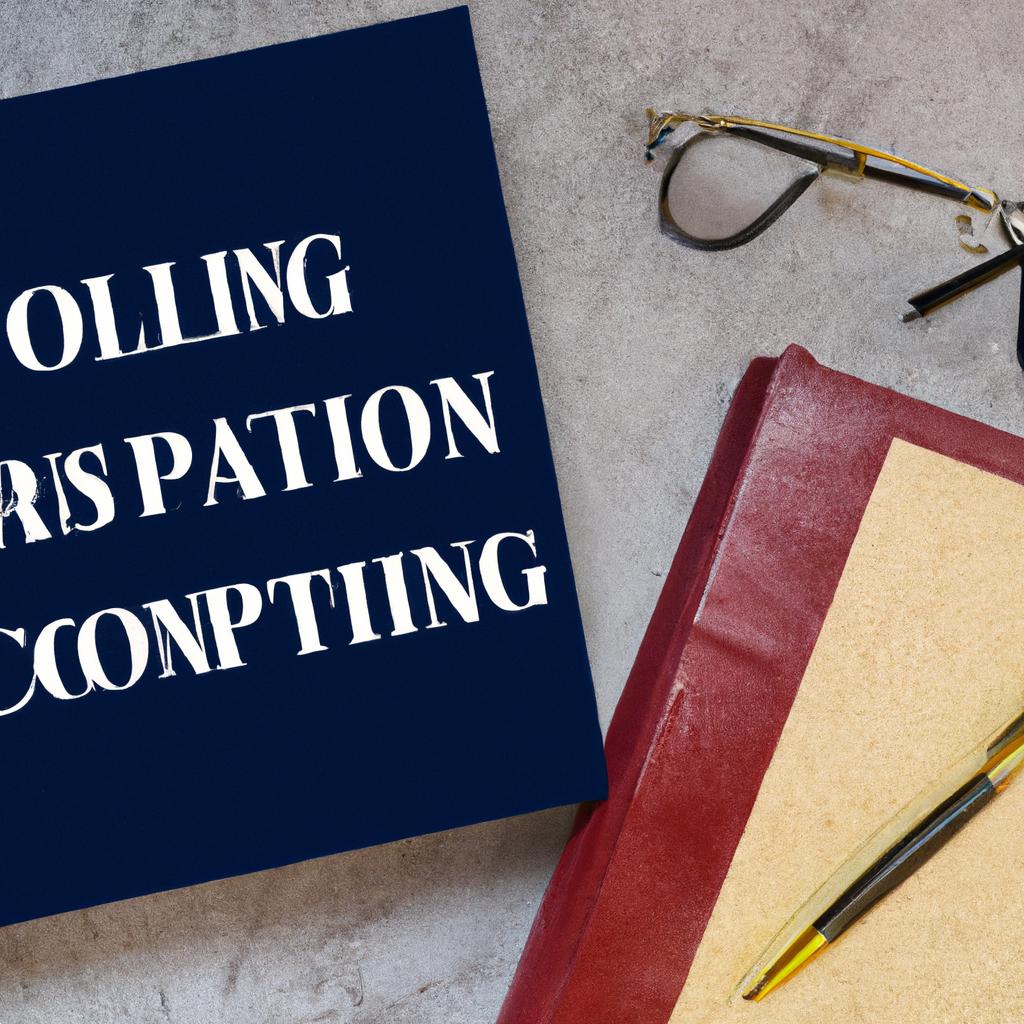The transfer of real property is a complex and nuanced process, especially when it involves potentially gifting your house to a loved one. As experienced attorneys at Morgan Legal Group in New York City, we understand the importance of estate planning and the various legal considerations that come into play when deciding to gift your home to your child. In this article, we will explore the intricacies of transferring real property as a gift, examining the potential risks and benefits involved in such a decision. Let us guide you through the legal complexities of gifting your house to your child, ensuring that your wishes are carried out effectively and within the parameters of the law.
Gift vs Sale: Understanding the Legal Implications of Transferring Property to Your Child
When it comes to transferring property to your child, whether through a gift or a sale, it is crucial to understand the legal implications involved. Both options have their own set of advantages and considerations that need to be carefully evaluated before making a decision. Below, we break down the key differences between gifting and selling property to your child:
Gifting Property:
- No monetary exchange is involved
- May have gift tax implications
- Child receives property at a potentially reduced cost
Selling Property:
- Create a legally binding contract
- Requires a fair market value exchange
- Potential capital gains tax implications for child upon selling the property in the future

Tax Considerations When Gifting Your House to Your Child: Important Points to Keep in Mind
When considering gifting your house to your child, there are important tax considerations that you must keep in mind. One of the key points to remember is that transferring ownership of your home to your child may have tax implications for both you and your child. Below are some important points to consider:
1. **Gift Tax**: The IRS imposes a gift tax on gifts of more than $15,000 per recipient per year. If the value of your home exceeds this threshold, you may be required to pay gift tax on the transfer. However, there are certain exclusions and exemptions that may apply, so it is important to consult with a tax professional to understand your specific situation.

Ensuring a Smooth Transfer: Best Practices for Gifting Real Estate to Your Child
In order to gift your house to your child, it is crucial to follow best practices to ensure a smooth transfer of real estate ownership. One key consideration is to consult with a knowledgeable estate planning attorney who can guide you through the legal implications of gifting property. Additionally, it is important to consider the following factors when gifting real estate to your child:
- Confirm that gifting your house aligns with your overall estate planning goals.
- Assess any potential tax implications of transferring ownership of the property.
- Obtain a current appraisal of the property to establish its fair market value.
- Consider setting up a trust to hold the property for your child’s benefit.
When gifting real estate to your child, it is important to approach the process with care and attention to detail. By following best practices and seeking guidance from legal professionals, you can ensure that the transfer of your property is completed efficiently and in compliance with all relevant laws and regulations. Remember that gifting real estate is a significant financial decision that can have long-lasting implications, so it is important to proceed thoughtfully and with the assistance of experienced legal counsel.
Consulting with an Estate Planning Attorney: The Importance of Seeking Professional Guidance
When considering gifting your house to your child, it is crucial to consult with an estate planning attorney to ensure that the transfer is done properly and in accordance with the law. Professional guidance is essential in navigating the complex legal implications involved in transferring real estate, especially when it comes to preserving your assets and minimizing tax liabilities.
By seeking the expertise of an experienced estate planning attorney, you can gain valuable insight into the various options available to you when transferring your house to your child. From establishing a trust to exploring tax-saving strategies, a professional attorney can help you make informed decisions that align with your specific goals and objectives.
Q&A
Q: Can you gift your house to your child?
A: Yes, you can gift your house to your child.
Q: Is there a limit to the value of the gift?
A: There may be a limit to the value of the gift in order to avoid tax implications.
Q: Are there any legal considerations to keep in mind?
A: Yes, there are legal considerations such as ensuring the proper steps are taken to transfer the title and possibly consulting with a lawyer to navigate any potential issues.
Q: What are the benefits of gifting your house to your child?
A: Gifting your house to your child can help avoid probate, provide financial support for your child, and allow for passing on family property.
Q: Are there any drawbacks to consider?
A: There may be drawbacks such as potential tax implications, loss of control over the property, and possible conflicts among family members.
Q: How can I go about gifting my house to my child?
A: You can start by consulting with a real estate attorney to understand the legal process and requirements for transferring ownership of the property to your child.
To Conclude
In conclusion, gifting your house to your child can be a heartfelt gesture of love and support. However, it is important to consider all the legal and financial implications before making such a decision. Consulting with a professional advisor or attorney can help ensure that the transfer is done properly and in the best interests of both parties. Ultimately, whether you decide to gift your house to your child or explore other options, the most important thing is to make a decision that aligns with your long-term goals and values.
 For many parents, their home is one of their most prized possessions and a symbol of their hard work and success. As they reach a certain age, the thought of passing on their property to their children may come to mind. However, there are many factors to consider before gifting your house to your child, including legal implications and taxes. In this article, we will dive deep into the question – can you gift your house to your child?
For many parents, their home is one of their most prized possessions and a symbol of their hard work and success. As they reach a certain age, the thought of passing on their property to their children may come to mind. However, there are many factors to consider before gifting your house to your child, including legal implications and taxes. In this article, we will dive deep into the question – can you gift your house to your child?
Firstly, it is important to understand what gifting a property means. In simple terms, it means transferring ownership of a house from one person to another without any monetary exchange. This is often done as a gesture of love and generosity by parents towards their children. However, gifting a house is a legal process and requires careful consideration.
Let’s take a look at the key factors to consider before gifting your house to your child:
– Legal and financial implications: Gifting a house to your child means transferring ownership and all associated legal responsibilities to them. This includes property taxes, maintenance, and any other issues related to the house. Before making any decisions, it is crucial to consult a lawyer and understand the legal implications involved in such a transfer. Additionally, if there is an outstanding mortgage on the property, it will need to be paid off before gifting the house.
– Taxes: Gifting a house is subject to certain taxes, including gift and income taxes. According to the Internal Revenue Service (IRS), any gift given above $15,000 per person in a calendar year is subject to gift tax. This amount is doubled for married couples who file a joint tax return. The value of the house will be assessed by an appraiser, and if it exceeds the annual gift tax exemption, it will be subject to the tax. Additionally, gifting a house to your child also means they will be responsible for any future capital gains taxes when they sell the property.
– Potential family conflicts: Gifting a house to a child can also lead to potential conflicts among family members. Issues such as fairness and sibling rivalry may arise if one child receives a house while others do not. It is essential to communicate openly and clearly with all family members before making any decisions to avoid any misunderstandings or conflicts in the future.
– Medicaid eligibility: Medicaid is a government program that provides health insurance to low-income individuals. If you are considering gifting your house to your child, it may affect your eligibility for Medicaid in case you require long-term care in the future. Medicaid has strict rules surrounding gift transfers and may impose penalties if you have made a gift within a certain period before applying for Medicaid.
– Benefits and practical tips: Despite the various legal and financial implications, there are also some benefits to gifting a house to your child. One of the main benefits is that it can reduce your estate tax liability. Any gifts given while the donor is alive are excluded from their estate, which means they are not subject to estate tax. Additionally, gifting a house can also be beneficial for estate planning as it can help minimize probate costs. It is advisable for parents to consider these potential benefits and seek professional advice before making any decisions.
– Case studies and first-hand experience: To understand the practicality of gifting a house to your child, let’s look at a real-life case study. A couple who have built their home from scratch wanted to gift their house to their son, who had been living there for several years. The couple sought help from a lawyer and an appraiser to determine the value of the property and any potential taxes involved. They also consulted with their other children to ensure there were no conflicts or misunderstandings. In the end, they successfully gifted their house to their son, who was able to continue living in a house that held sentimental value to him.
In conclusion, gifting a house to your child is a complex and sensitive process that requires careful consideration of legal, financial, and emotional aspects. It is crucial to seek professional advice and communicate openly with all family members to avoid any potential conflicts in the future. As much as gifting a house may seem like a generous and loving gesture, it is essential to understand and weigh all the implications before making any decisions.






